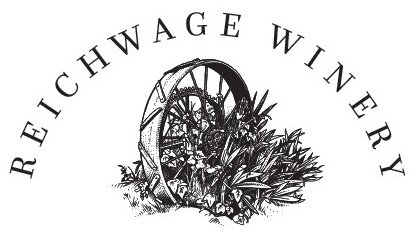Soil Health
Our approach to wine-growing is modeled after the vigneron approach of cultivating one's own vineyards, producing and bottling one's own wine.
Cover crops are rotated every year in order build organic matter, add different nutrients, and promote biodiversity in the vineyard.
Tillage is minimized in order to build a healthy soil ecosystem, and to mitigate erosion and greenhouse gas emissions. However, a spader is sometimes employed to loosen compaction from tractor passes.
Old Vines
Older vines produce fewer grapes over time than young vines, while having a more expansive root system. This results in grapes that are more concentrated, and wines which are more intensely flavored.
Another focus of our farming efforts is to grow exceptional wine grapes with little-to-no irrigation water. This drives down vigor and yields, but results in wine with naturally great concentration.
Twin Hills Organic
During the growing season, our main weapon in the battle against vineyard pests and diseases is sulfur, a time proven viticultural application that must be done every couple of weeks. After the grape berries have formed, we use alternative applications such as horticultural oils, plant extracts, and beneficial bacteria.
The weeds are managed with an under-the-vine cultivator and painstakingly hand-hoed rather than sprayed with herbicide.
In 2016 our 3 acre apple orchard was certified organic.
Winemaking
Our fermentations are always open-top, managed with a combination of punch downs, pump overs, and foot treading. Goals are for healthy native fermentations, with minimal use of SO2 (preserving the fresher flavors) until finally bottling the wine unfined and unfiltered. To date, the only exception is our Rosé which is filtered for stability.
Completed in 2019, our new winery was designed with sustainability and practicality in mind. Barrel cleaning is aided by steam and water reclamation systems to greatly reduce our water usage. Electro-polished stainless steel tanks are not only shiny, but very easy to clean, meaning less water and cleaning chemical use. Our nitrogen generator creates inert gas on-site, eliminating the need for trucks hauling compressed gas all the way out to the winery. We also pride ourselves in keeping plastic materials out of the vineyard and winery whenever possible.




